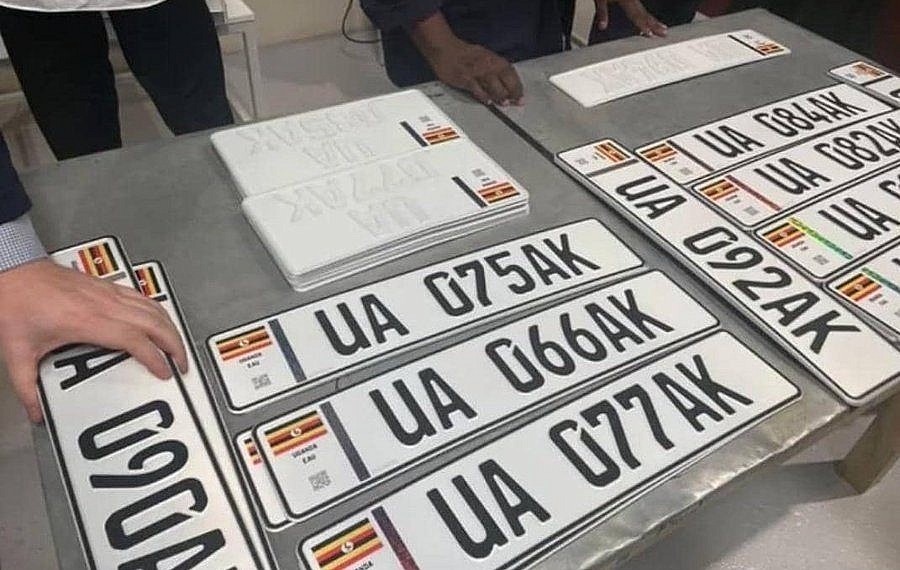The digital number plates Uganda project is under growing scrutiny due to unclear ownership, transparency concerns, and funding doubts. Designed to enhance crime tracking and vehicle identification, the program has raised alarms among the public, civil society, and lawmakers.
The Ugandan government signed a deal with Russia-based Joint Stock Company Global Security Ltd in July 2021. This firm also operates locally as Virtus Global Security Company Ltd. Though presented as a foreign investor, Virtus lists four Ugandan shareholders. This mix of local and foreign control has stirred suspicion.
Authorities incorporated Virtus in December 2021 and amended its registration through 2025. Damir Makhutov took charge as managing director, holding company accounts at EcoBank and Stanbic. Ivan Shkarban, a Russian citizen, also holds a major stake. Ugandans Amon Hope Kenyonyi and Gordon Hangamaisho each own shares as well.
The digital number plates Uganda project is part of President Museveni’s 2018 anti-crime plan. It includes surveillance-enabled plates and a broader Intelligent Transport Management System (ITMS). Despite the promise of safer roads, key officials have refused to clarify Virtus’s role or financial strength.
Virtus intended to fund the project using revenue from the Automatic Express Penalty Scheme (AutoEPS). The scheme slashed urban speed limits to 30 km/h and imposed high fines. Citizens pushed back, citing poor signage and lack of consultation. The Ministry suspended AutoEPS in June, but gave no updates after the July 12 deadline.
Company insiders say Virtus underestimated the project’s financial needs. They claim the firm relied too much on fine collections, and not enough on solid capital investment. Some officials blamed Western sanctions on Russian companies for delays. However, others believe financial instability was the main obstacle.
In early July, the High Court ordered the government to release documents on the digital number plates Uganda deal. These include due diligence records and the original memorandum of understanding. The government argued that publishing them would violate investor privacy. The court disagreed, citing public interest.
The Ministry of Works remains silent on when implementation will resume. Car dealers and motorists are still waiting for new plates, as supplies continue to run out. Without transparency and proper oversight, trust in the entire system continues to erode.
The digital number plates Uganda rollout was supposed to modernize traffic enforcement. Instead, it has highlighted deeper problems in government procurement, public communication, and private sector partnerships.
Read: Challenges in Implementing Digital Number Plate Initiative in Uganda

